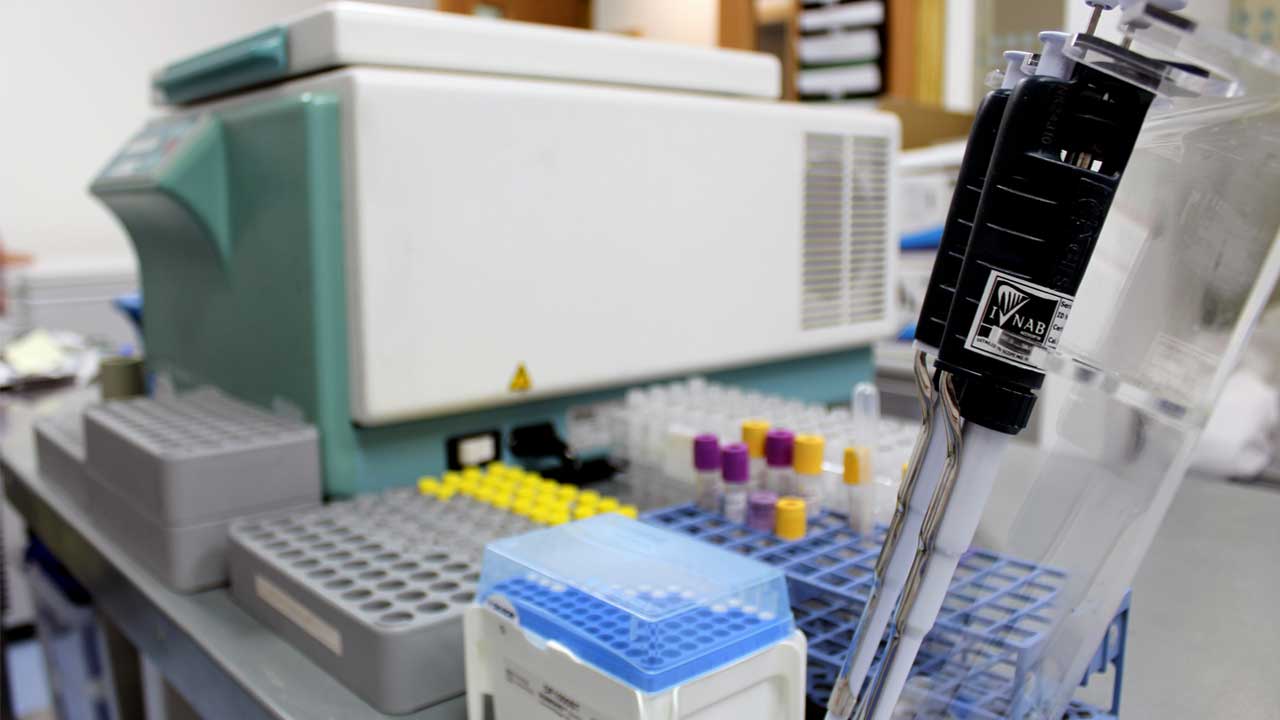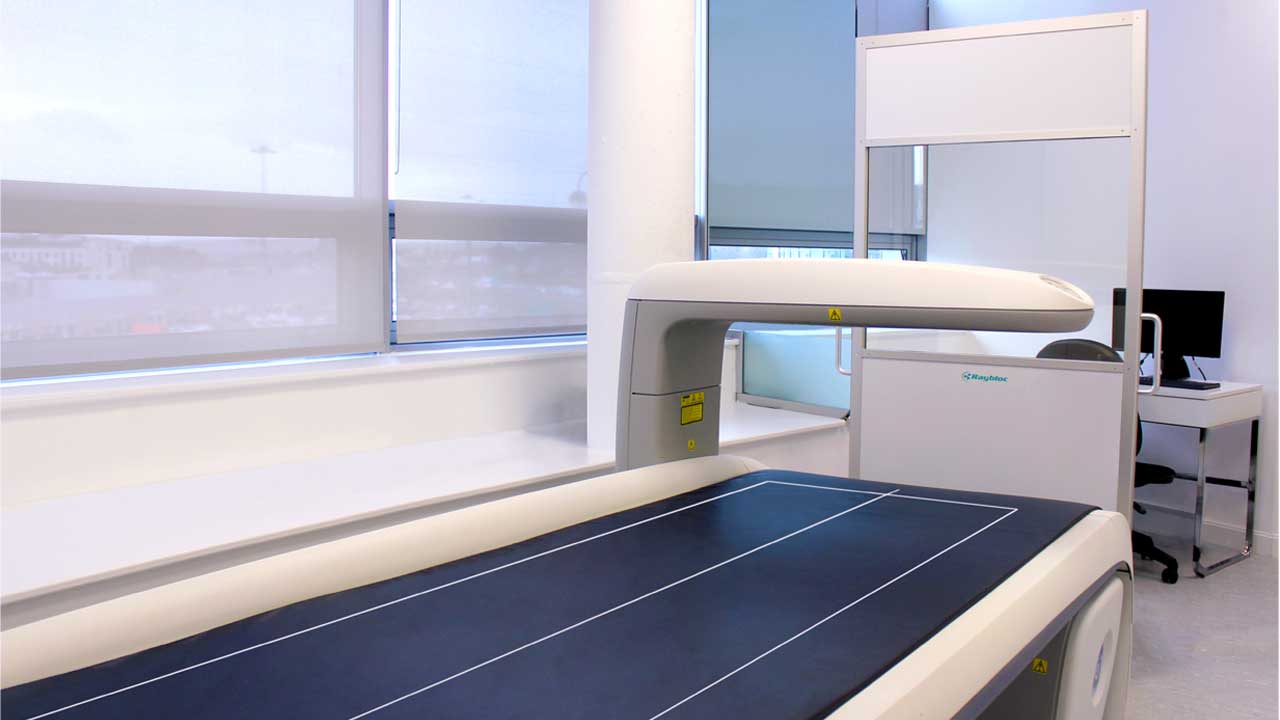Clinical research technology and study process innovation has played a critical role in the success of Atlantia over the last 10 years. Innovation and learning are core company values that have facilitated the company in achieving all our milestones to date.
It is important to reflect on where Atlantia began. As seen in Atlantia’s Story Article, Atlantia was founded by a team of researchers in APC Microbiome Ireland in University College Cork. Sian Lucking, Atlantia’s recently appointed Scientific officer acknowledges Atlantia’s roots. “Atlantia stemmed from a world-renowned research centre and, scientific expertise and integrity remains part of the company’s core principles”. With spinning out of such an environment, the core vision and values follow through.
Barry Skillington, CCO reflects upon its importance: “Over the years, technology has become commonplace in clinical research. And as a result, we as a company have had to adapt and use that technology”.
This article provides a compilation of insights from different departments within Atlantia that highlights our technological capabilities & innovative nature which will ensure the future growth of Atlantia.
Our current capabilities
Atlantia Clinical Trials has a unique business model that combines strong ties with the academic community but operates as an independent Contract Research Organisation (CRO) where the Intellectual Property (IP) belongs to the sponsor.
Atlantia owns and operates their own clinics offering a unique end to end clinical trials service. Barry Skillington, CCO at Atlantia comments “We offer our clients multicentre & multinational trials on both sides of the Atlantic”, alluding to Atlantia’s Chicago clinic site.
This is a differential advantage as all aspects of a trial are conducted by one single research partner. Shauni Fitzgerald, Atlantia’s Research manager shares how “a client can come to us with a product and a concept and walk away with high quality data that they trust has been collected and analysed in a highly GCP compliant setting”. The same consistent high standard is adhered to in both sites owned by Atlantia. Having both the science team and the recruitment site under one company is not a frequent model for a contract research organisation. Andrea Doolan, Atlantia’s CEO reinforces how this guarantees consistency and continuity in how the clinical data is collected and processed. A differential advantage for Atlantia is the fact that we have an in-house recruitment team. We pride ourselves on having a high track record of conducting our trials both on-time and on-budget to meet our sponsors needs and this is down to having a strong recruitment base.
Atlantia specialises in conducting clinical trials in functional foods, supplements, ingredients, personal care products and live biotherapeutics. Shauni Fitzgerald, Research manager at Atlantia breaks down the types of health claims that Atlantia facilitates.
“Atlantia specializes in conducting studies in foods and supplements for companies that want to scientifically validate their functional ingredients to support, for example, an article 13 health claim or a novel food claim with EFSA (European Food Safety Authority), a Structure Function Claim or a medicinal food claim with the FDA (Food & Drug Administration); or General Product Marketing Claim”.
Atlantia performs personalised research studies therefore bringing a unique service to each individual sponsor.
Atlantia ensures that best practices are abided by in the clinical trials we design and conduct. Validated techniques and questionnaires, using well published biomarkers are utilised to really support the research and outcomes produced.
Best practices in clinical trials: ICH-GCP standards

Atlantia adheres to ICH-GCP which ensures that all clinical trials are conducted to an industry gold standard. As cited from the Good Clinical Practice network, GCP is “a standard for the design, conduct, performance, monitoring, auditing, recording, analyses, and reporting of clinical trials that provides assurance that the data and that the rights, integrity, and confidentiality of trial subjects are protected”. Atlantia undergoes many practices to ensure compliance with the above standard. Saoirse Creedon, Project Manager & former Quality Assurance Officer at Atlantia discusses the importance of “maintaining the health and wellbeing of participants, while practicing good data management is essential in conducting a study in line with the principles of GCP”. All employees across the different departments within Atlantia play a vital role in ensuring that best practices are followed. The Quality Assurance department ensures that all staff are highly trained and receive GCP training every 2 years, to ensure that the clinical team are up to date. Saoirse highlights that the quality team’s main focus is ‘continuous improvement’. Regular research on new and improved ways to complete our day to day tasks, to improve efficiency without compromising on quality is completed.
From the data team perspetive Aditya Sai Rama, Data Analyst at Atlantia highlights the overall objective of Clinical Data Management (CDM) “to provide high quality data by keeping the number of errors and missing data as low as possible and gathering maximum data for analysis”. Performing comprehensive data management tasks are necessary to continuously improve the quality of the clinical database, whilst identifying and recording nonconformities and resolving data clarifications. Good Data Management is a key standard that ensures the overall credibility of the data and study outcomes obtained.
A review of Atlantia’s Clinical Trial Technology
Throughout the years Atlantia has created a robust clinical trials process through the use of technology. Even today, continuous improvement is being sought upon through the incorporation of different technology. This adoption has been driven both internally with the science department and externally with the company’s clients.
Due to the nature of the company, validated medical devices have been particularly relevant. For example, in some gastrointestinal studies, the company worked with video camera endoscopy technology . This device takes internal high definition images of the gastrointestinal tract. Other devices the company has worked with over the years are Continuous Glucose Monitoring (CGM), or sleep trackers, such as Actigraph. Wearable sensors have also driven the transition of trials from clinic to the home, as clinical data can be collected at the subjects home on a continuous basis.
As the company has ventured into the dermatology and cosmetic research space we have incorporated new equipment into the Cork facility such as the cornometer, cutometer and Antera 3D. Recently, the company has also acquired a DEXA scan. With the adoption of this piece of equipment we have been able to expand our offering and provide vital assessments in measuring visceral fat, adipose tissue, bone density and water in the body for various studies. This has expanded our service offering for research in weight management trials. The incorporation of newly validated technologies and methods is of upmost importance. Equipment, devices and methods are becoming more robust in gathering results, and help Atlantia in designing interventions that are less invasive for the participants and , reflect in a higher degree their real-world settings. This increases the compliance of participants but also helps us in getting quicker Ethical approval by the respective committees or boards.

Another method of streamlining the processes within Atlantia has been with the incorporation of digital apps in clinical trials. The study apps allow us to capture participant data remotely at the point of care on a daily basis. This method has been shown to increase study adherence and compliance. Information such as how the participant is consuming the product, the frequency of consumption and if they are experiencing any adverse effects can be collected.
Barry gives great insight into how technology adoption is optimising clinical trials.
“I think it raises the quality of the data as it provides real time analysis of how their product is acting in the real world”.
He explains how this is an advantage as it is allows for high quality research which enables “our clients to deliver much better and more customised products towards their marketplace”.
Innovative clinical trial process
Atlantia’s various departments abide by our objective of continuous improvement. Our processes are constantly looked at and reviewed by various stakeholders. Sian shares with us the cornerstone to Atlantia’s success.
“Atlantia’s success is partially due to its efficient and comprehensive processes that are facilitated through the use of a range of technologies”.
One example of an innovative advancement that the data team have made is their ‘shift from paper CRF’s to now using electronic data capture systems to collect data for clinical trials’. Aditya makes a valuable observation on this transition. “I think we are doing quite well by using a couple of data management platforms that are providing control over data for multiple use cases”. Aditya also reflects on the true nature of staying competitive by highlighting the fast nature of the market. “We should also be ready for the shift of using different EDC systems which helps to achieve the business goals, shorten timelines, improve quality, and reduce the burden on patients and sites”.
As mentioned, the way in which we capture our data enhances patient safety. Emily Goodbody, Atlantia’s Operations Manager outlines how the point of care data capture methods allows for “our team to monitor the data from the clinic via the online dashboard and check in with participants if they notice any new adverse events or medications being logged”.
Our goal with this article is to reflect on some of the technology and innovation advancements that has been implemented by Atlantia. This is just a synopsis of some of the progress the company has made throughout the years in streamlining clinical trials. We thank our team for sharing their views on this topic.
Atlantia Clinical Trials is 10 years in business this year and with that we are focused on commemorating our achievements and milestones met to date, our current capabilities & the future of Atlantia.
We will be producing Atlantia community centric content over the coming weeks in the form of videos and articles. Next week we will focus on types of trials and community. Stay tuned!


